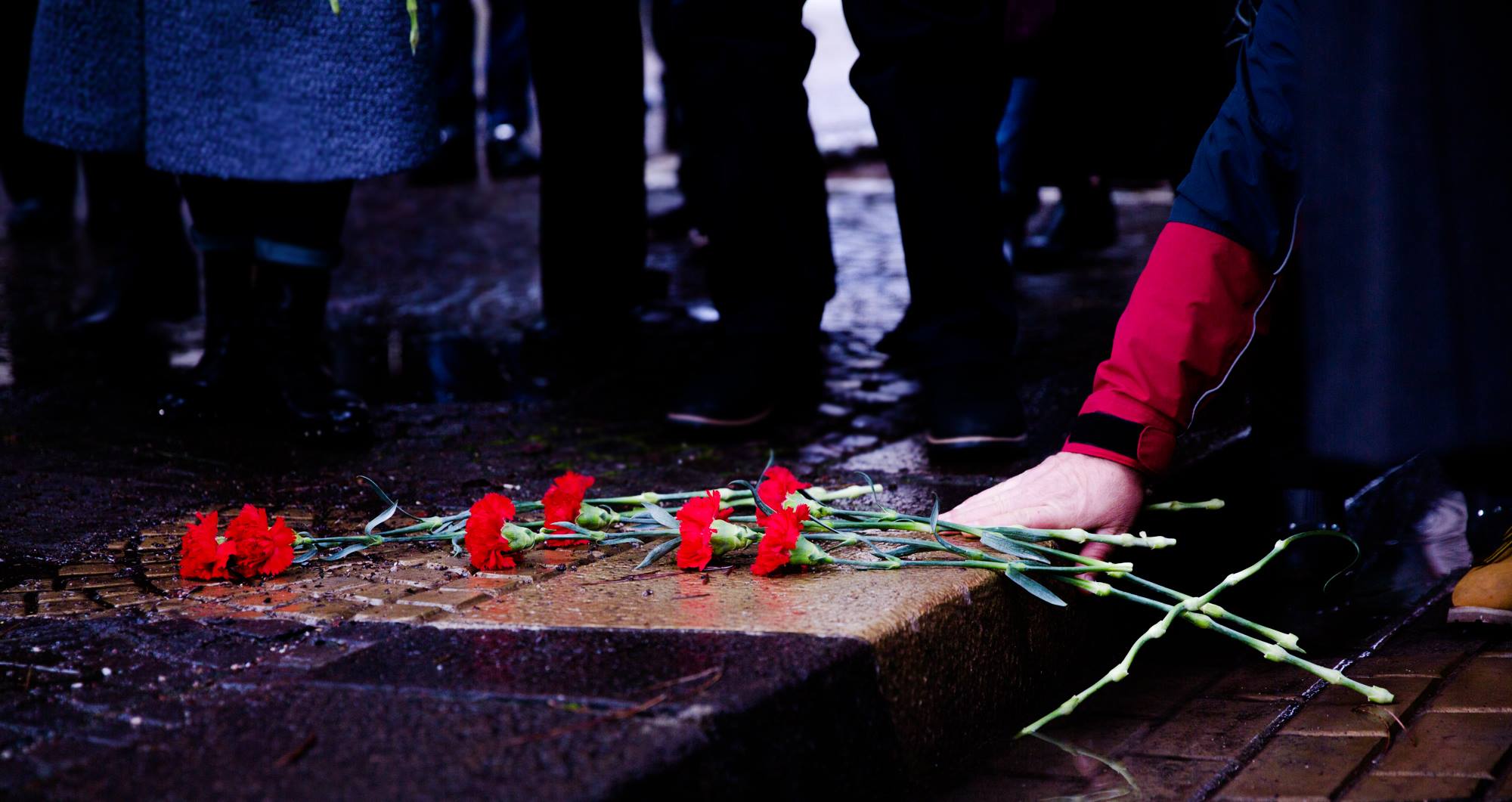The long shadow of January 21: a lingering failure for Albania’s new justice system

Fourteen years have passed since January 21, 2011, when four protesters were fatally shot in front of Albania’s Prime Minister’s office. Fourteen years since a shocking display of state violence shook Albania. And yet, in 2025, justice for this state crime that was broadcast on every television remains elusive.
For a time, it seemed that the justice reform and the creation of Albania’s new justice institutions would be a turning point. There were high hopes that SPAK, the Special Structure Against Corruption and Organized Crime, would finally bring justice to the victims of January 21. It has a clear mandate: tackle corruption, prosecute organized crime, and ensure that no one, not even the most powerful, is above the law. But when it comes to January 21, SPAK is beginning to resemble the old justice system. Its silence is deafening.
The facts: The events of January 21 are well-documented. Tens of thousands of protesters gathered in Tirana to demonstrate against the government of then-Prime Minister Sali Berisha, following the release of a video exposing high-level corruption by Deputy Prime Minister and coalition ally Ilir Meta. Berisha’s refusal to fire Meta provoked a major protest and explosion of discontent. There were clashes, but no one could have anticipated the violence that unfolded. No one expected that in a country in Europe, in a member of NATO, the government would order the Guard of the Republic—tasked with protecting state institutions—to open fire on unarmed, innocent protestors. And yet it did, and Aleks Nika, Ziver Veizi, Hekuran Deda, and Faik Myrtaj were killed.
In the aftermath, the Berisha government denied it had ordered the killings. He claimed that the protesters had shot each other with guns camouflaged as umbrellas and pens. When the videos of the shooting became public, he changed his tune, admitting they had been shot by the Guard of the Republic to prevent an attempted coup orchestrated by the opposition. He justified the killings and declared that he would kill again if need be. He prevented all attempts by the Prosecution to investigate; security footage from the servers in his office was erased, and arrest warrants for the guardsmen were ignored. He attacked the Attorney General he had appointed, calling her a “boulevard whore” for her attempts to investigate and declared that the President of the Republic—again his appointee—was part of the coup for the simple reason that he failed to declare his unreserved support for Berisha’s position.
SPAK’s missed opportunity: Despite his declarations, the old justice institutions never gathered the courage to call Berisha and question him about the events, let alone indict him. Eventually, only the Commander of the Guard—a Berisha loyalist—and a guardsman were found guilty and received minimal sentences, but the investigation never revealed who ordered the shootings.
In July 2023, SPAK was forced to reopen the investigation into January 21, following a ruling by the European Court of Human Rights. Indeed, up to that point it had resisted reopening investigations into this case. But here was finally a long-overdue chance to uncover the truth. However, disappointingly, progress has been slow, and updates on the case almost non-existent. For the victims’ families and a public eager for justice, this inaction is deeply frustrating.
What makes the inaction even more frustrating is the fact that SPAK has shown it can move swiftly in other cases. It has investigated high-profile political figures, pursued complex corruption cases, and even acted on anonymous tips by non-existent individuals. But on January 21—a crime that represents the gravest abuse of state power in Albania’s democratic history—there is little sign of urgency. The same can be said of the investigation into the Gërdec explosion, a 2008 tragedy when 26 people were killed and hundreds injured when an informal ammunition dismantling factory exploded. In this case, Sali Berisha’s son has been implicated. There are interviews, a book, and a 2016 movie titled War Dogs on this tragedy. Just a few months ago, one of the American contractors involved testified in an interview about the role of Berisha’s son in the affair. Yet there is only silence from SPAK.
Unanswered questions: This silence is starting to raise uncomfortable questions for which SPAK has not provided any answers thus far. Why has SPAK not prioritized these cases? Why does it appear to handle some investigations with zeal while others languish? Why does it seem to hesitate just like its old justice predecessors on these cases?
Why these cases matter: Over its short existence, SPAK has shown a savvy understanding of public communication. It is therefore impossible to believe that SPAK does not understand that January 21 and Gërdec are not just crimes—they are symbols. They represent the very impunity that SPAK was created to dismantle. These cases are the litmus test of SPAK’s credibility.
A call to action: SPAK does not need to deliver convictions tomorrow. Indeed, it may never be able to deliver convictions. But it does need to show Albanians that these cases are being taken seriously. This means transparency, communication, and, above all, visible progress.
For 14 years, the families of January 21’s victims have waited. For 17 years, the families of Gërdec’s victims have waited. How much longer must they wait before the institutions meant to serve them take action? SPAK has the tools, the mandate, and the public support to deliver justice. It must rise to the occasion. Anything less would be a disservice not only to the victims but to the very idea of justice itself.


